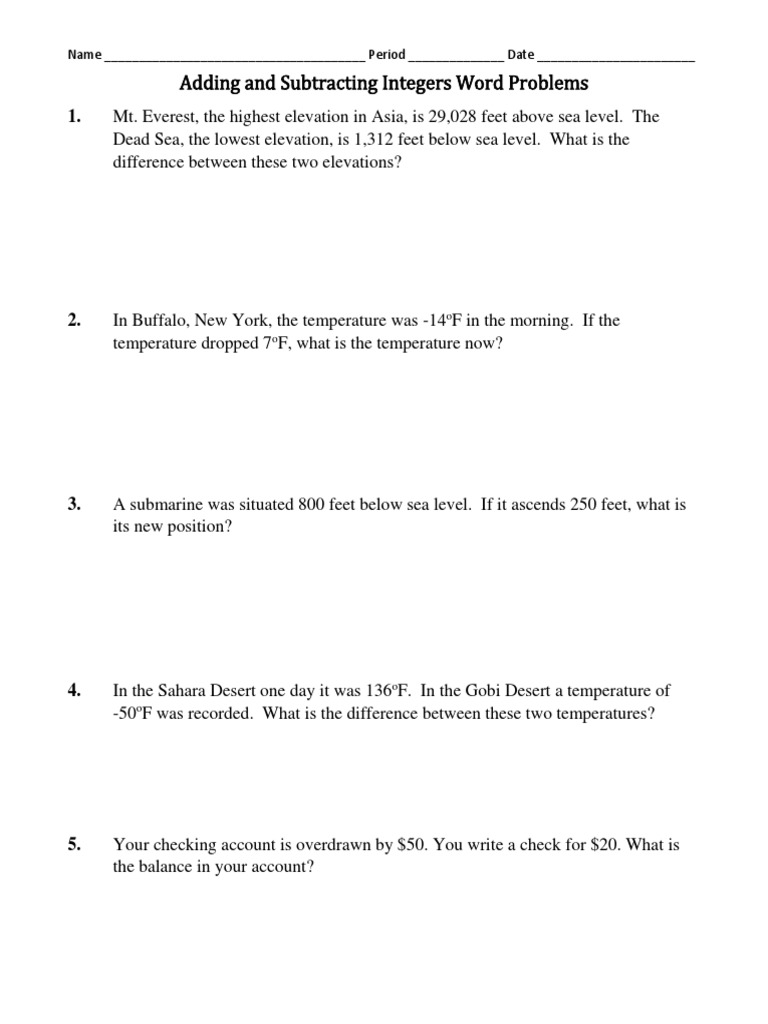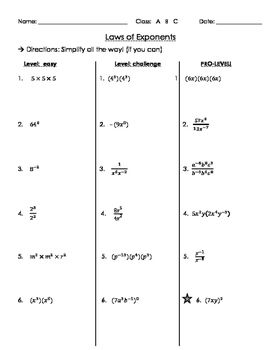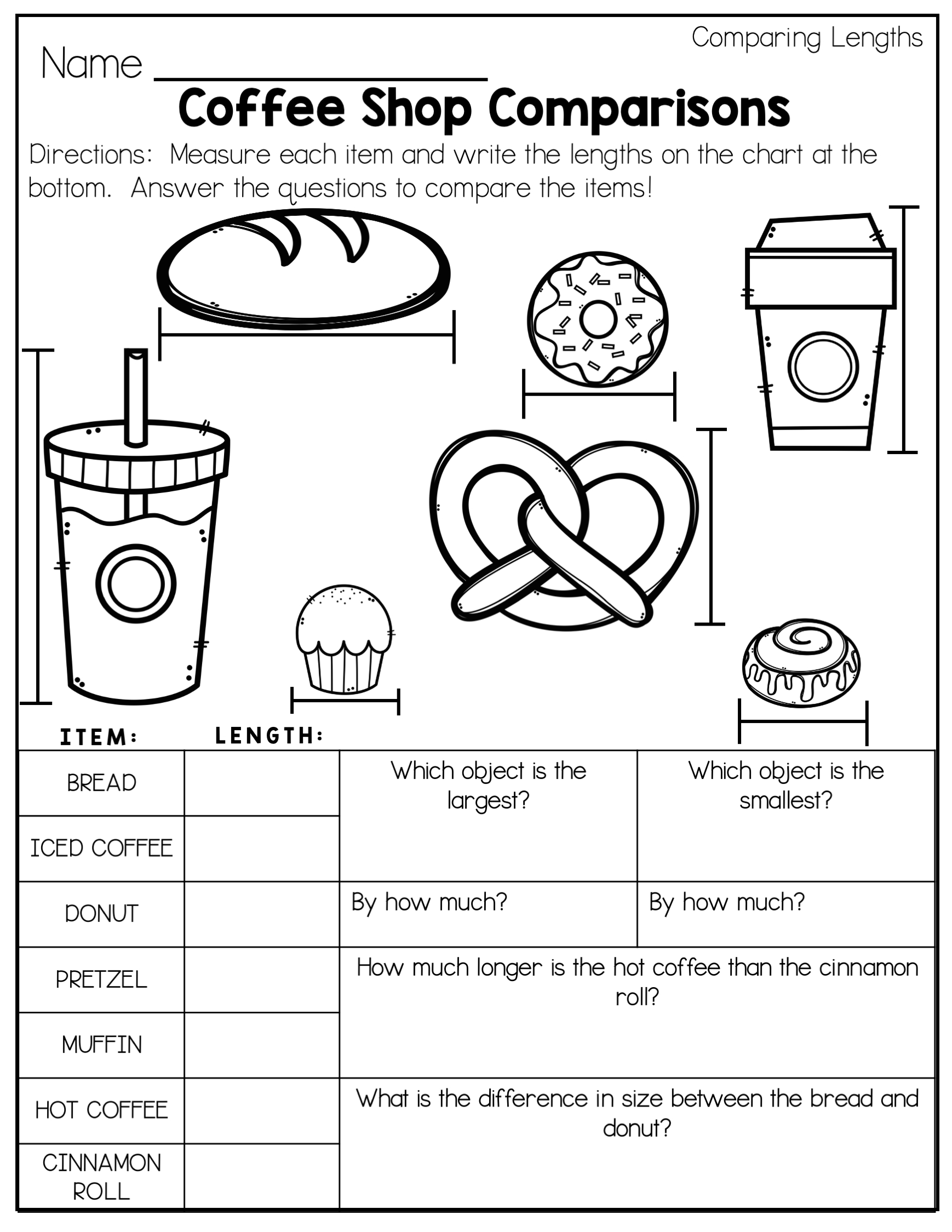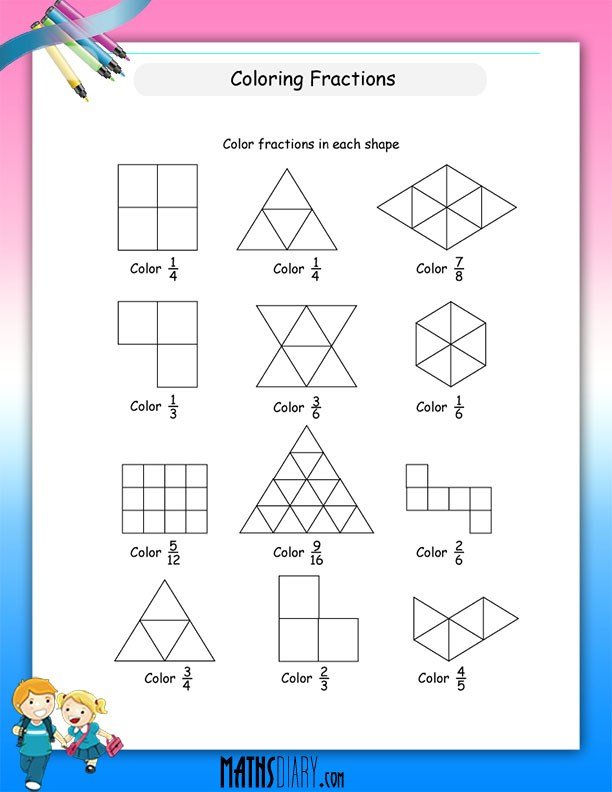5 Phonics Worksheets for Kindergarten Success
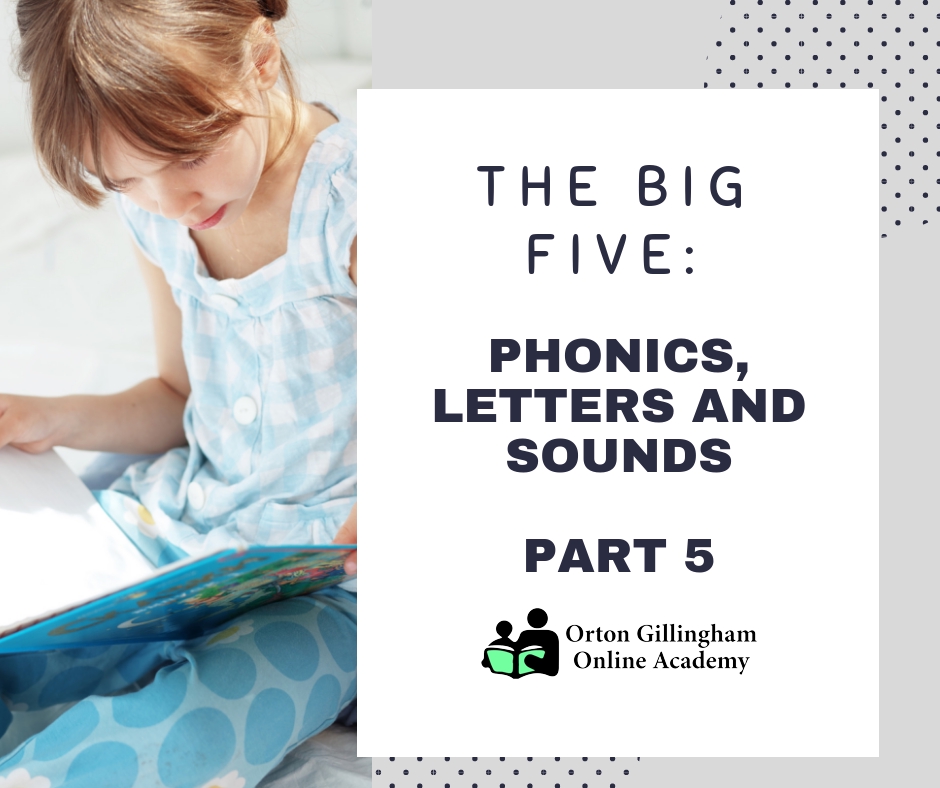
Unlocking Early Literacy: 5 Phonics Worksheets for Kindergarten Success
Teaching phonics to kindergarteners can be a fun and rewarding experience with the right resources. Phonics worksheets are an excellent way to help young learners develop essential reading skills, from recognizing alphabet letters to blending sounds. In this article, we will explore five engaging phonics worksheets designed specifically for kindergarten students.
Worksheet 1: Alphabet Letter Recognition
Recognizing alphabet letters is a fundamental skill for early literacy. This worksheet focuses on uppercase and lowercase letters, helping kindergarteners understand the relationship between them.
Alphabet Letter Recognition Worksheet
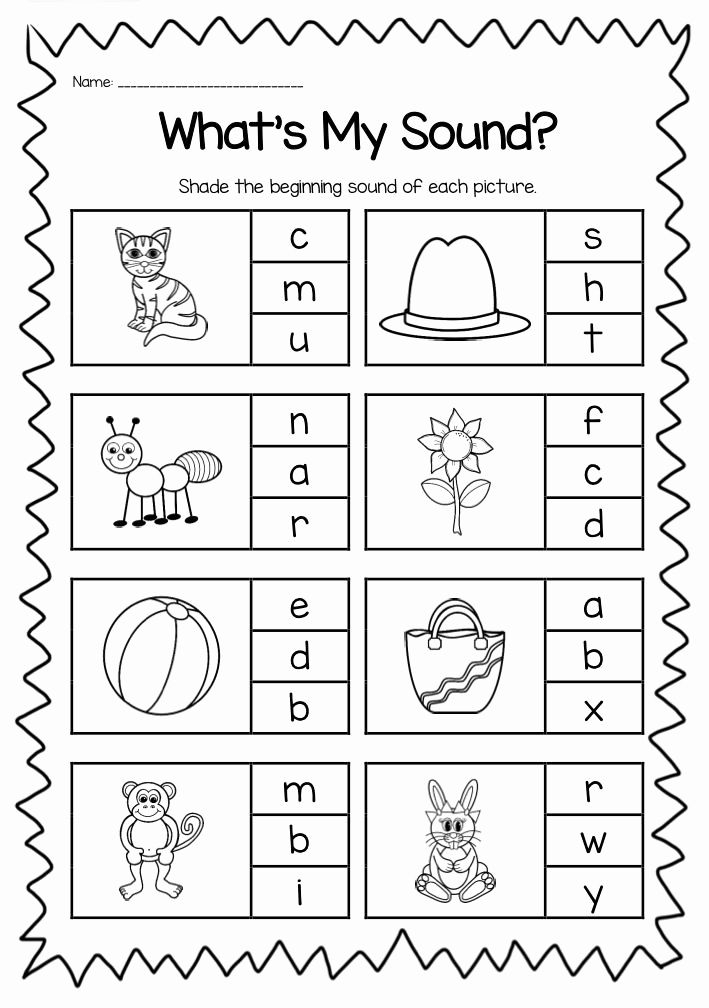
| Uppercase Letter | Lowercase Letter | Picture Association |
|---|---|---|
| A | a | Apple |
| B | b | Ball |
| C | c | Cat |
Instructions:
- Show the uppercase letter and ask the child to identify it.
- Introduce the corresponding lowercase letter and have the child match it to the uppercase letter.
- Use the picture association to reinforce the sound and letter connection.
📝 Note: Use flashcards or write the letters on index cards to make it more interactive.
Worksheet 2: Phonics Scavenger Hunt
This worksheet encourages kindergarteners to search for objects in their surroundings that start with a specific sound. This activity develops phonemic awareness and letter-sound association.
Phonics Scavenger Hunt Worksheet
- Find an object that starts with the /k/ sound: _____________________
- Find an object that starts with the /t/ sound: _____________________
- Find an object that starts with the /p/ sound: _____________________
Instructions:
- Read the sound aloud and ask the child to find an object that starts with that sound.
- Write the object’s name on the worksheet and have the child draw a picture of it.
- Encourage the child to make the sound and say the object’s name.
Worksheet 3: Blending Sounds
Blending sounds is an essential skill for reading. This worksheet helps kindergarteners practice blending individual sounds to form simple words.
Blending Sounds Worksheet
- /c/ /a/ /t/ = _____________________
- /m/ /a/ /n/ = _____________________
- /s/ /u/ /n/ = _____________________
Instructions:
- Use a pointer or finger to guide the child through the individual sounds.
- Blend the sounds together and ask the child to say the word.
- Write the word on the worksheet and have the child read it.
Worksheet 4: Word Families
Word families help kindergarteners recognize patterns in words and develop phonics skills. This worksheet focuses on the -at family.
Word Families Worksheet
- cat
- hat
- mat
- sat
Instructions:
- Read each word aloud and ask the child to identify the word family (-at).
- Use pictures or objects to reinforce the word meanings.
- Ask the child to come up with their own -at word.
Worksheet 5: Rhyming Bingo
Rhyming is an essential phonics skill that helps kindergarteners develop phonemic awareness. This worksheet uses a bingo game to make learning fun and engaging.
Rhyming Bingo Worksheet
| Bingo Card | |||
|---|---|---|---|
| cat | hat | mat | sat |
| dog | log | hog | fog |
Instructions:
- Create bingo cards with pictures or words.
- Call out the words and have the child mark the corresponding picture or word.
- Use a rhyming pattern to make it more challenging (e.g., cat, hat, mat).
By incorporating these five phonics worksheets into your kindergarten curriculum, you’ll be helping your students develop essential reading skills and setting them up for future literacy success.
In conclusion, phonics worksheets are a valuable tool for teaching kindergarteners the fundamentals of reading. By making learning fun and interactive, you can help your students develop a strong foundation in phonics and set them on the path to becoming confident readers.
What is phonics and why is it important for kindergarteners?
+Phonics is the relationship between sounds and letters. It’s essential for kindergarteners to develop phonics skills as it helps them decode words, read, and spell.
How can I make phonics worksheets more engaging for my kindergarten students?
+You can make phonics worksheets more engaging by using games, rhymes, and hands-on activities. Incorporate pictures, flashcards, and manipulatives to make learning fun and interactive.
What are some common phonics skills that kindergarteners should master?
+Common phonics skills for kindergarteners include alphabet letter recognition, phonemic awareness, blending sounds, and rhyming.
